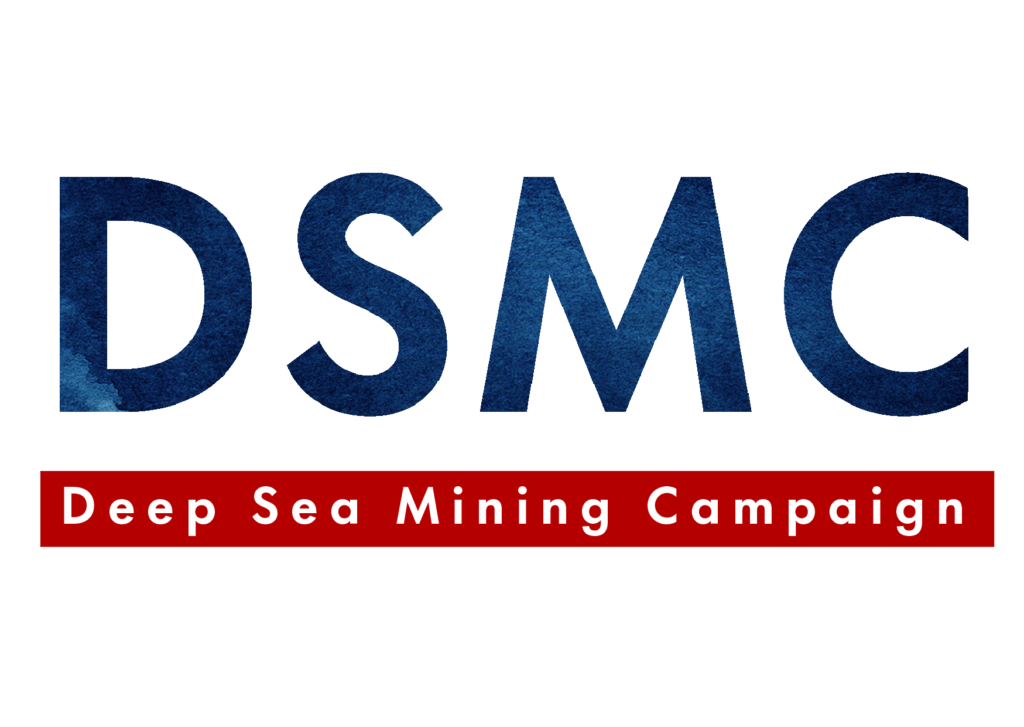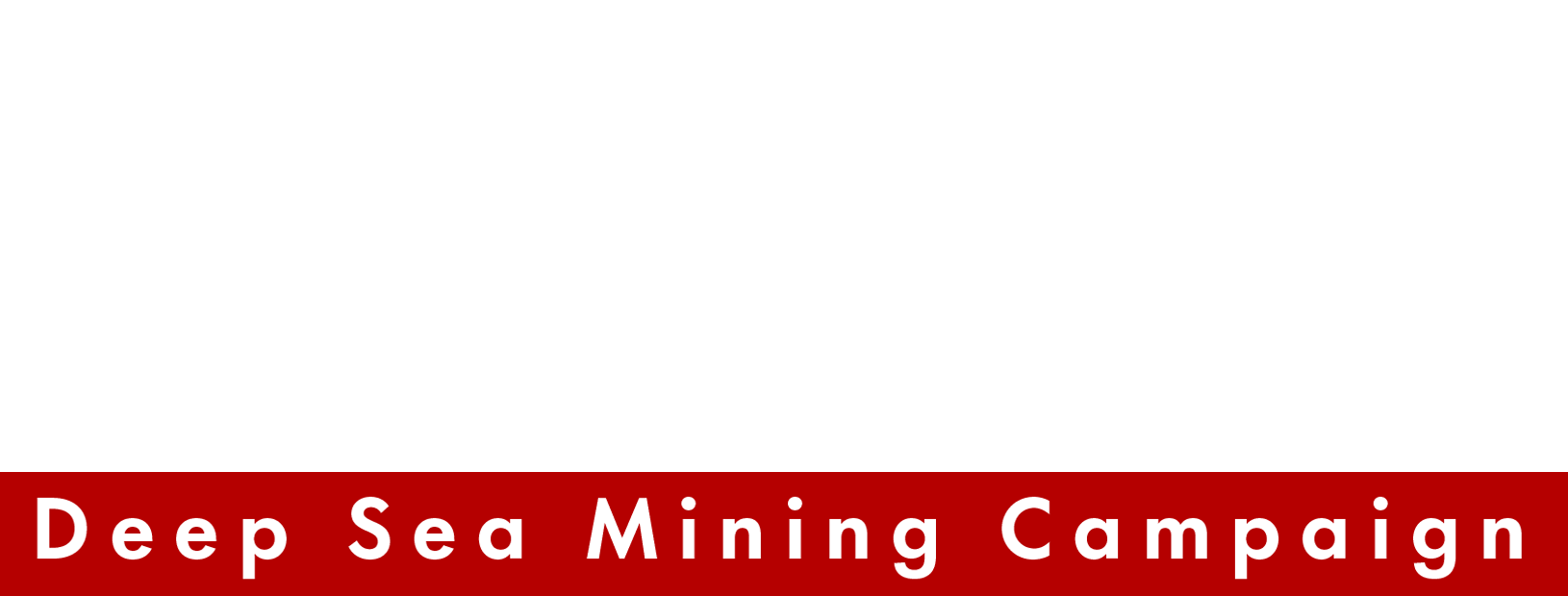MEDIA RELEASE
December 6, 2022

Double Trouble for The Metals Company:
Divestment and Delisting
Would-be deep sea miner The Metals Company (TMC) has suffered two simultaneous financial blows. The largest Norwegian private asset manager, Storebrand has divested from TMC demonstrating its reaffirmed commitment to halting and reversing the loss of biodiversity. As well as explicitly naming TMC, its new Policy on Nature excludes investment in all companies involved in deep sea mining (DSM).
This news comes as TMC has violated Nasdaq stock exchange standards by trading below US$1 at closing bid price for 30 consecutive business days. The company last closed over $1 on 20 October 2022. This is the culmination of the company’s deteriorating financial status which has seen its share price fall from over $12 after it listed over a year ago to $0.81 today. Triggering the Nasdaq delisting process casts further doubt on the viability of this venture.
Andy Whitmore, Deep Sea Mining Campaign (DSMC) Finance Advocacy Officer comments, “Without some major intervention, TMC could well be out of cash within a year. As well as making good financial sense, Storebrand’s decision to dump its stake in this controversial company is the only option consistent with its strengthened commitments to sustainability, biological diversity, and environmental stewardship. Deep sea mining is financially and environmentally risky.”
TMC has several months to comply with Nasdaq listing standards. However, potential solutions are likely to be painful for shareholders, such as issuing new shares which would devalue the stock currently held even further.
As a recent financial commentator noted “The venture continues to haemorrhage cash as it pursues exploration and project development works. … The project posts eye-watering project economics but fails to detail how the company meets capital requirements beyond the end of 2023 to keep the project afloat.”
Storebrand’s new policy[1] means it is the ninth financial institution[2] to exclude services to the emerging deep sea mining industry. TMC is one of four mining companies singled out by Storebrand for exclusion. The asset manager had owned a maximum of 6,000,000 shares (2.37% of total shares) in TMC according to Bloomberg. This is a significant amount for an independent shareholder given the number of shares owned by insiders.
Dr. Helen Rosenbaum, DSMC Coordinator concludes “new modelling heralds that should TMC manage to begin commercial operations significant environmental liabilities are likely to beset TMC, Allseas and the governments that sponsor their DSM operations in the Pacific ocean. The modelling indicates that pollution discharged by TMC in its Tonga licence area would only take 3 months to reach the waters of Hawaii and Kiribati.”
“This is effectively tailings waste and the impacts it would have on commercial and artisanal fisheries; the tourism industry and marine ecosystems are unknown. However, research conducted in Portugal on similar waste shows that it quickly kills deep sea water corals.”
FOR MORE INFORMATION
United Kingdom
Andy Whitmore, Deep Sea Mining Campaign
whit[at]gn.apc.org
Australia
Dr. Helen Rosenbaum, Deep Sea Mining Campaign
helen.rosenbaum1[at]gmail.com
_____
[1] Storebrand’s policy declares that “following the precautionary principle, Storebrand will not invest in companies involved in deep-sea mining until we have more scientific knowledge on the impacts of these activities. Significant challenges must be overcome before the sector can be recognized as environmentally and economically sustainable.”
[2] For a list of the other financial institutions see: https://bit.ly/DSM-riskstoFIs
